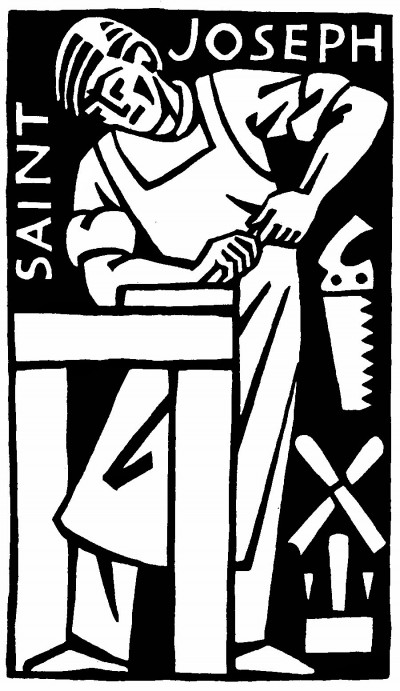Correspondence on the Monastic Vocation 15
 Disclaimer: The series of letters entitled “Correspondence on the Monastic Vocation”, while based on the real questions of a number of men in various places and states of life, is entirely fictitious. Any resemblance to actual persons, institutions, or places is purely coincidental.
Disclaimer: The series of letters entitled “Correspondence on the Monastic Vocation”, while based on the real questions of a number of men in various places and states of life, is entirely fictitious. Any resemblance to actual persons, institutions, or places is purely coincidental.
Letter 15: Finn
Dear Father,
I met a priest at Knock who said that I should write to you. I am 32 years old and unmarried. I work in landscaping and look after dry stock at home as well. I have thought of becoming a monk. I go to the Latin Mass whenever I can, but I have no Latin at all. I did not finish school, but I’ve worked since I was 16. Is it possible for a lad like myself to join a monastery? I am not a great man for the books, but I love to pray and I’ve never been afraid of work. Thank you, Father.Finn
Dear Finn,
Thank you for writing. Not all monks need be “great men for the books”. A monastery needs men with a variety of gifts. Some men have the gift of working with their hands, while other men are inclined to study. Benedictine life admits of a wide variety of backgrounds and skills.
At Silverstream, to complement the vocation of the choir monk (dedicated to singing Holy Mass and the Divine Office each day), there is the vocation of the laybrother. A laybrother devotes himself principally to manual work. He need not have studied Latin. Typically a laybrother assists at some parts of the Divine Office, following an English translation of what the monks are chanting in Latin. A laybrother can also pray parts of the rosary in place of the Divine Office. These are things that are adjusted according to each man’s possibilities and needs. Both choir monks and laybrothers participate in the daily adoration of the Most Blessed Sacrament.
Our Declarations (the book that spells out just how we, at Silverstream, apply the Rule of Saint Benedict) contain a beautiful section on the vocation of the laybrother or “converse” monk. “Converse” comes from the Latin word “conversus” that refers to a man who has left the world to live for God in a monastery. Here is the text of our Constitutions:
Given that the monastery’s most precious human resources lie in the diversity of aptitudes and gifts, and in their development, the community hold in honour the humble and noble vocation of the monachus conversus or converse monk in complementarity with that of the choir monk.
The converse monks hold a certain advantage over the choir monks in that the way of life, by which they are vowed to God, honours, in a singular way, the servanthood of Jesus Christ, who was never without sufferings and humiliations. They will embrace this servanthood with love, remembering that the holiness of their state of life is held within it. For this reason, no man shall be accepted for this state of life unless it be manifestly certain that God is calling him to it, and unless one recognizes in him the necessary dispositions of body and of mind.
Praying and working under the special protection of Saint Joseph, the converse monks form an integral part of the monastic family. Obedient in their dedication to manual work and the cultivation of practical skills, the converse monks participate in the life and mission of the monastery in such wise that “in all things God may be glorified.”
A monastery needs gardeners and carpenters, plumbers and electricians, roofers and bricklayers, painters and stonemasons. I can think of no trade that would not be useful in a monastery. Even a man with no specialised trade can contribute to the life of a monastery, provided that he is willing to obey with good cheer, to serve, and to develop new skills.
If you think, Finn, that you would like to explore the laybrother vocation at Silverstream, do come for a visit. The best way to get a sense of our life is to observe it for a few days. I shall keep you in prayer, Finn, and I look forward to hearing from you again.
Father Prior
